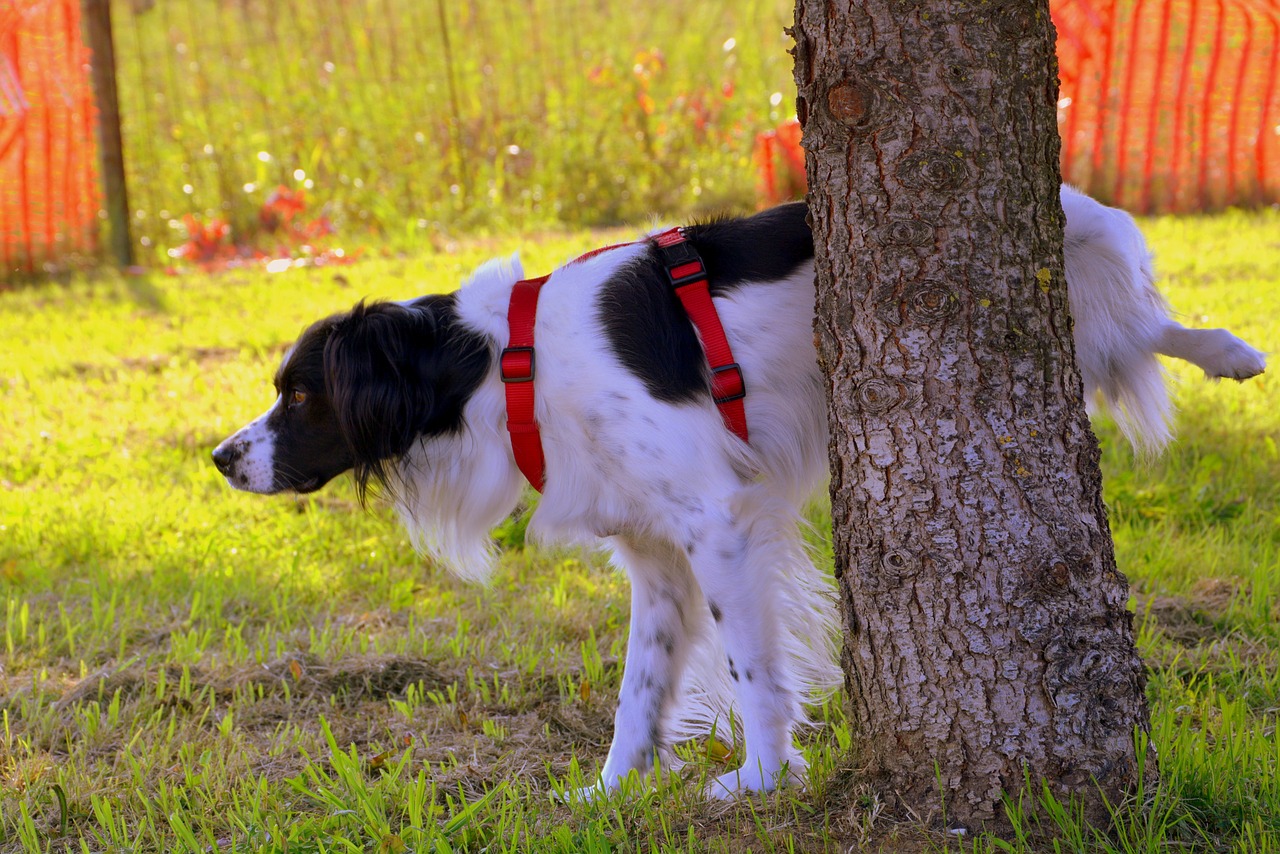Dog Pee Killing Grass
While home remedies are worth a try, as long as they don’t endanger the dog or the lawn, what is burning the grass is not ‘acidity’ or ‘ammonia’ (as such) but excess nitrogen. This is more concentrated for female dogs because they don’t spread their urine by marking, like males do, but do a single dump in the middle of the lawn.
A horticulturist did testing. The results were (given no other changes):
– Commercial ‘pet’ tablets do nothing
– Commercial ‘pet’ liquids do nothing
– Dilution of the dog’s urine sometimes works, which is why ‘liquid remedies’ sometimes seem to work. More liquid in the dogs diet dilute the urine and encourage multiple eliminations, spreading the nitrogen (the true ‘burning agent.’) You can try adding water to dry food or using some canned food to encourage liquid intake. That worked too.
– Over watering works, but only within a few hours following the spotting, after which watering can actually hurt. Watering-can aficionados are correct.
– Things like tomato juice merely add water and salt to the diet of the dog. The acidity does nothing, as it isn’t the acidity burning the lawn, but nitrogen.
– Grass varies in its sensitivity: Bluegrass and Bermuda grass are easily killed by this (as they are by over fertilizing), Fescue is better
– Switching to a lower-protein diet can help, as the protein is what is eventually converted to nitrogen, but talk to your VET before changing the dogs diet and don’t do it for pups, gestating females or special diet dogs or hard-working dogs. These dogs need that extra protein. And lawn isn’t worth it!
– Best solution; pick a spot, set it up with a durable substrate and train the dog to go there.
Excess nitrogen can burn grass that’s not ready for that much nitrogen all at the same time. By adding LIME to the soil, it makes the grass better able to use more nitrogen in a concentrated way.
Some data suggests that lightly liming the grass twice a season can confer some resistance to acid / nitrogen burns. A “grass guy” or lawn professional could advise on liming rates.






